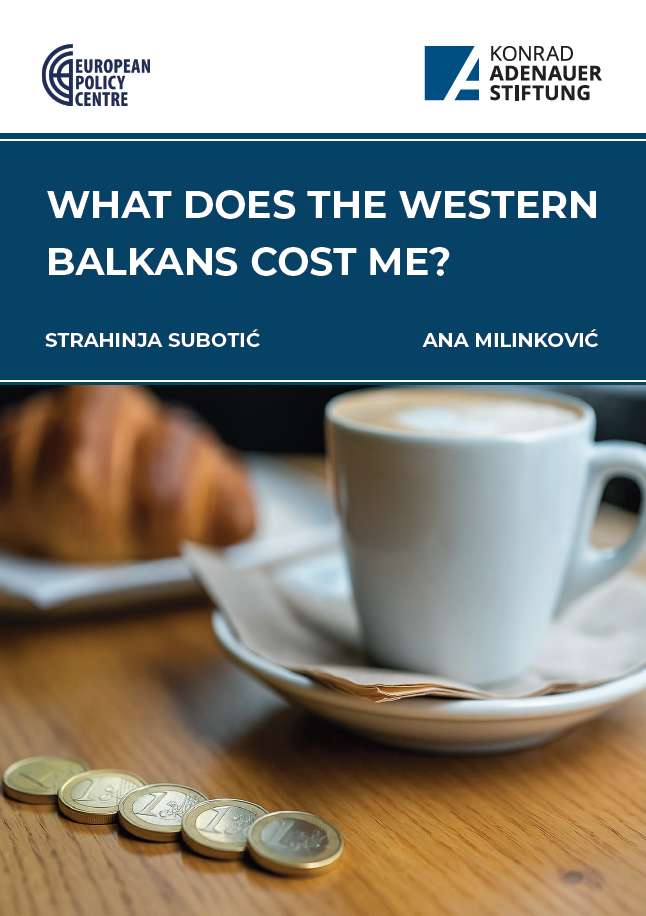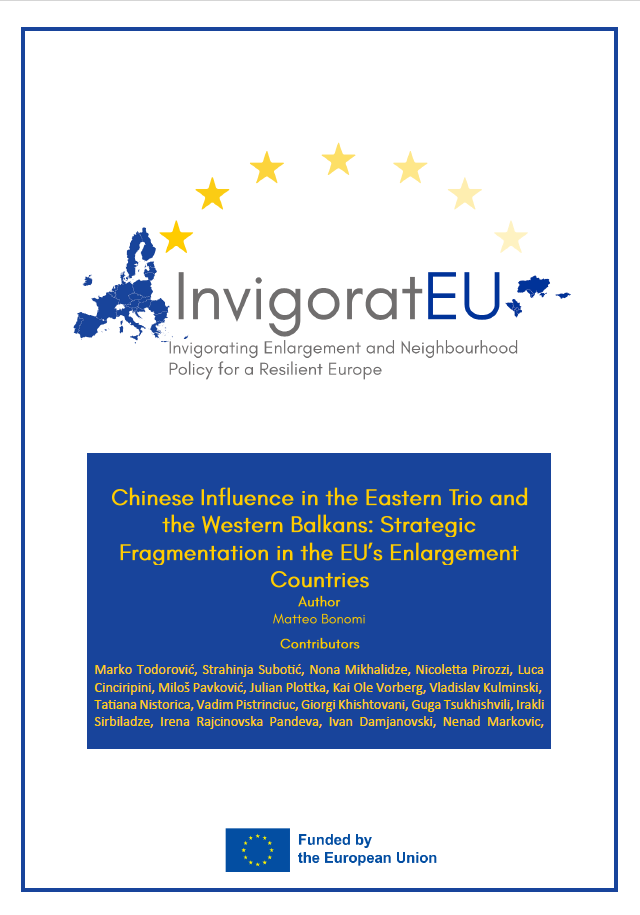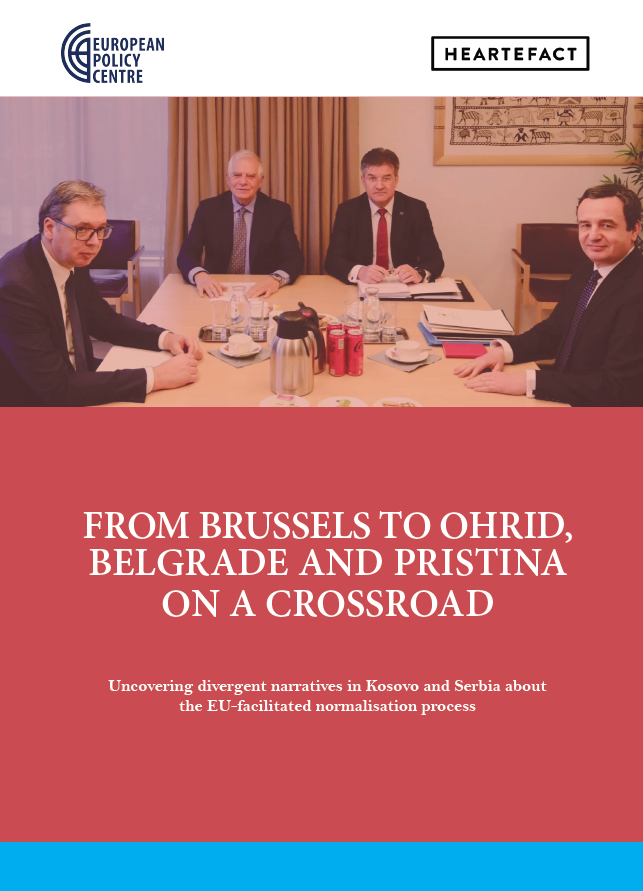Headquarters: Svetog Nauma 7, 11000
Office address: Đorđa Vajferta 13, 11000
Phone:: +381 11 4529 323
This study examines the impact that regional cooperation initiatives have on Western Balkan (WB) countries’ preparedness for EU membership. By following the EU negotiating structure, the paper highlights key regional initiatives with the potential to enhance performance across each cluster while also evaluating the impact these initiatives have had to date. The research findings revealed that the trade-related initiatives had a moderately positive effect in bringing the WB closer to the EU single market, thus contributing to overall better readiness in economic clusters. To a lesser extent, initiatives aimed at greening the region and integrating it into the EU’s energy and transport networks also provided essential support for WB countries’ harmonisation with rules and practices applied in the EU, although effective implementation is still missing. However, regional initiatives have proven to be very limited in supporting reforms in fundamental reform areas (such as rule of law and democracy), as well as in building good neighbourly relations in the region. In that regard, this study finds that the Staged Accession model has the potential to compensate for deficiencies in the current EU’s approach. By providing institutional and financial incentives for WB countries on a merit basis, the Model could enhance the political will for the fulfilment of commitments undertaken within the frameworks of regional initiatives, improving WB countries’ performances and thus bringing them closer to EU membership.


